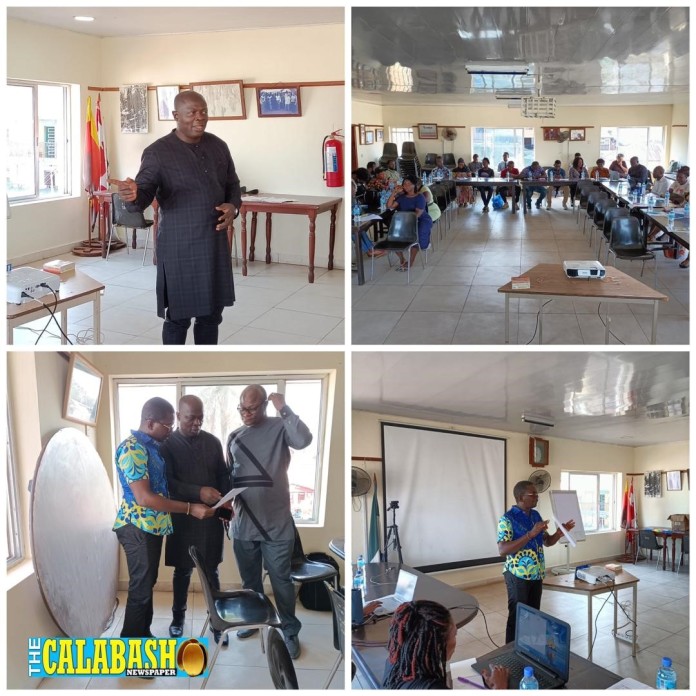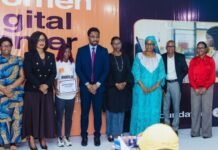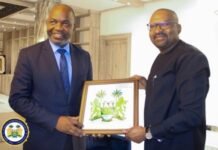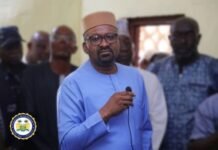By Millicent Senava Mannah
The Sierra Leone Urban Research Centre, in collaboration with the Institute of Development Studies based in United Kingdom and with support from the United Kingdom’s Economic and Social Research Council (ESRC), has completed the implementation of the Shock Tactics Project on the 18th January 2023.
The project is geared towards understanding the daily health burdens of people living in informal settlements and to learn how to overcome those burdens.
Giving a background of the project, the Director of SLURC, Dr. Macarthy, said one of their key areas of research, which focuses entirely on urban development issues, is urban health. The Director stated that they are very deliberate because health issues matter for their development.
He maintained that the Ebola, Corona and Cholera outbreaks have shown that the urban is very vulnerable especially the informal settlement furthering how long time approaches to health and more especially in terms of policy and planning have really drawn a lot of experience from rural communities.
‘’And when we were caught up with events like COVID, it is also very difficult to draw from urban perspectives, especially how to plan and how to possibly ensure that relevant actions are taken in ways that does not only prioritize the rural, but also has the rural dimension.’’
According to him, they undertake the research as way of finding out what health means for people living in deprived communities and how do they ensure they know a lot better in terms of dealing with health issues.
Annie Wilkinson, a Co-Researcher via zoom apologized for her physical absence revealing how they have been working on the research for six years maintaining that the research is to create a picture of the health conditions in the Urban Settlement in Freetown, more especially the informal settlement.
She commended all those who put their efforts to make the research a success and all the participants for attending the closure of the project.
In his presentation, the Senior Researcher SLURC, Abu Conteh, intimated that the knowledge aims to improve understandings about how the national health system responds to health challenges in informal settlements, according to him, which include shocks such as epidemics as well as everyday health problems.
‘’Through the ESRC Project, we conducted research in two informal settlements- Moyiba and CKG using different data collection approaches. Data collection activities were followed by engagements with communities to address some of the key priorities,’’ he revealed.
Abu Turay maintained that, the research is also to highlight the relevance of community inclusion and capacity strengthening to the attainment of development priorities in informal settlements.
Abu Turay noted that, the key findings of this research are local understandings about health, access to healthcare and gendered experiences of health.
He disclosed that they did thirty narrative interviews, went through sixteen Governance diaries, and participatory impact pathways analysis further revealing that the narrative interviews were done to find out how people understand and describe their health, and the actions, practices, and norms they follow to prevent ill-health.
According to him, the governance diaries were to help understand the social, political, and personal relationships and networks that affect the health of people in the community.
Abu Turay also said they held a participatory workshop with community stakeholders to discuss innovative solutions to address community priorities such as water and sanitation.
The event was climaxed with a short video showcasing community capacities. Discussions were also held by members of the two communities.




